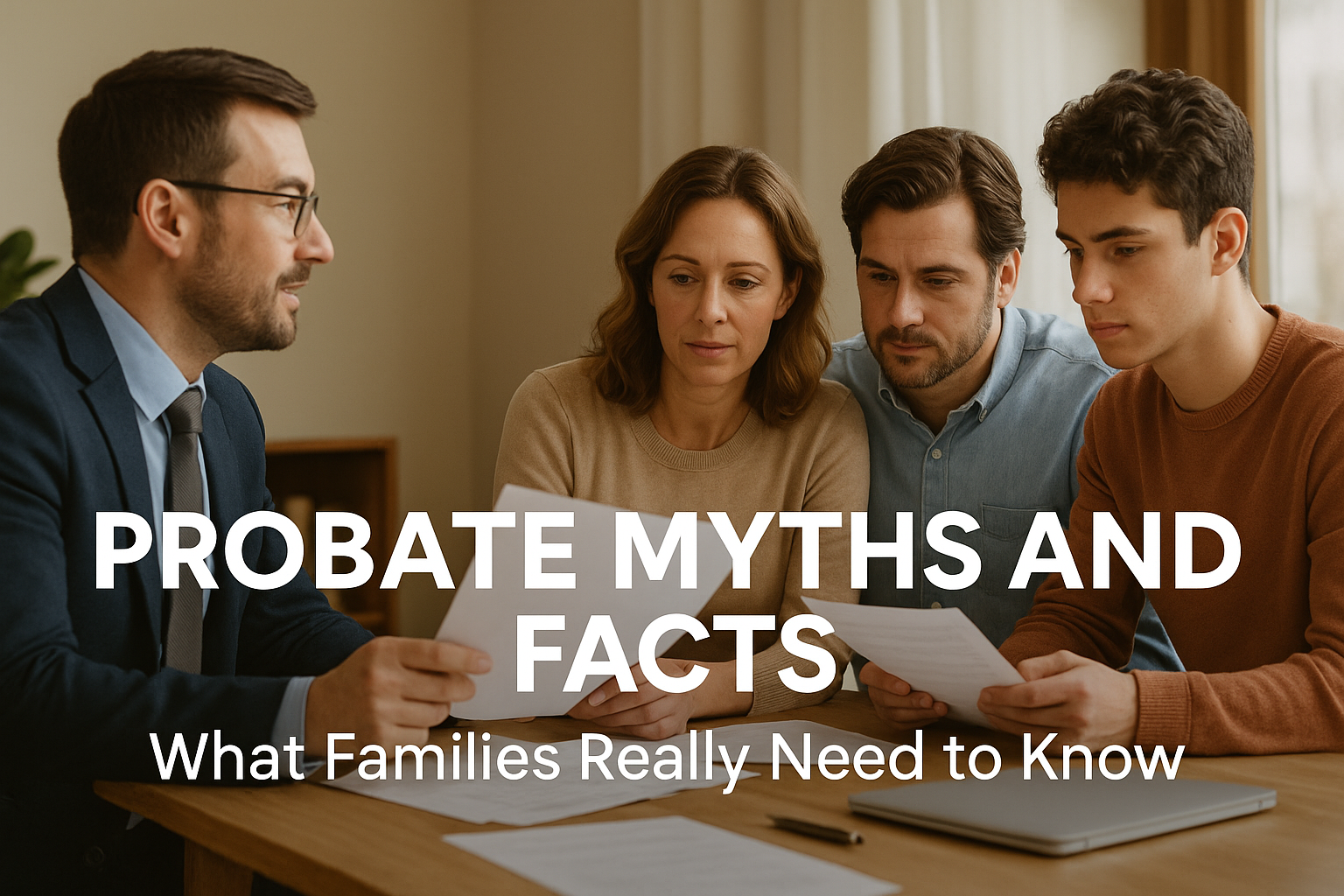Probate disputes have become increasingly visible in recent years, with high-profile cases often making headlines. One of the most well-known examples is the estate of the musician Prince, who died without leaving a Will. The legal wrangling that followed serves as a stark reminder of the problems that can arise when no clear estate plan is in place.
While such cases might attract public interest, they also highlight the risks of poor or absent planning. For families dealing with grief, the last thing they need is the added stress, cost, and conflict of a contested estate.
Why Having a Will Matters
Talking about death with loved ones is never easy, and for many, it feels like a taboo subject. However, the COVID-19 pandemic has reminded us that life is unpredictable, and planning ahead is one of the greatest gifts we can leave behind.
Despite this, research continues to show that many people avoid making a Will. A 2018 survey by Which? revealed that 54% of UK adults did not have a Will. With so many estates left unplanned, disputes are bound to arise.
Without a valid Will, the Rules of Intestacy decide who inherits. These rules do not provide for unmarried partners or step-children, which can leave loved ones vulnerable and excluded. At the same time, relatives you may never have intended to benefit could end up inheriting your estate.
Why Probate Disputes Are Increasing
Several factors contribute to the rise in probate disputes:
- Complex family structures: Blended families, step-children, and unmarried partnerships often complicate inheritance.
- Inheritance tax: Poor planning around tax can reduce the value of an estate and lead to disagreements.
- DIY Wills: Poorly written or unclear documents often create legal challenges.
When disputes occur, they are rarely quick or simple. Families often face drawn-out, expensive, and emotionally draining proceedings.
What to Consider When Writing Your Will
To avoid disputes and ensure your wishes are respected, it’s important to think carefully about:
- Beneficiaries: Who should inherit your estate, and who relies on you financially?
- Family circumstances: Are you married, unmarried, or in a blended family? Do you want step-children included?
- Guardianship: Who should look after your children if you pass away?
- How inheritance should be managed: Should beneficiaries receive their inheritance immediately, or would you prefer it held in trust until they are older or in more stable circumstances?
- Funeral wishes: Documenting your preferences can relieve loved ones of difficult decisions.
Other Key Considerations in Estate Planning
Alongside a Will, you may want to address other important matters, such as:
- Organ donation: Since the UK moved to an opt-out system, you may want to clearly express your wishes in your Will.
- Lasting Powers of Attorney (LPAs): These allow you to appoint trusted individuals to make decisions about your finances, health, and welfare if you become unable to do so yourself.
Final Thoughts
Probate disputes are stressful, expensive, and damaging to families. The best way to prevent them is through clear, professional estate planning. A valid Will provides certainty, protects loved ones, and ensures that your wishes are respected.
At Viva Planning, we help families plan ahead with confidence, creating Wills and estate plans that stand the test of time.






